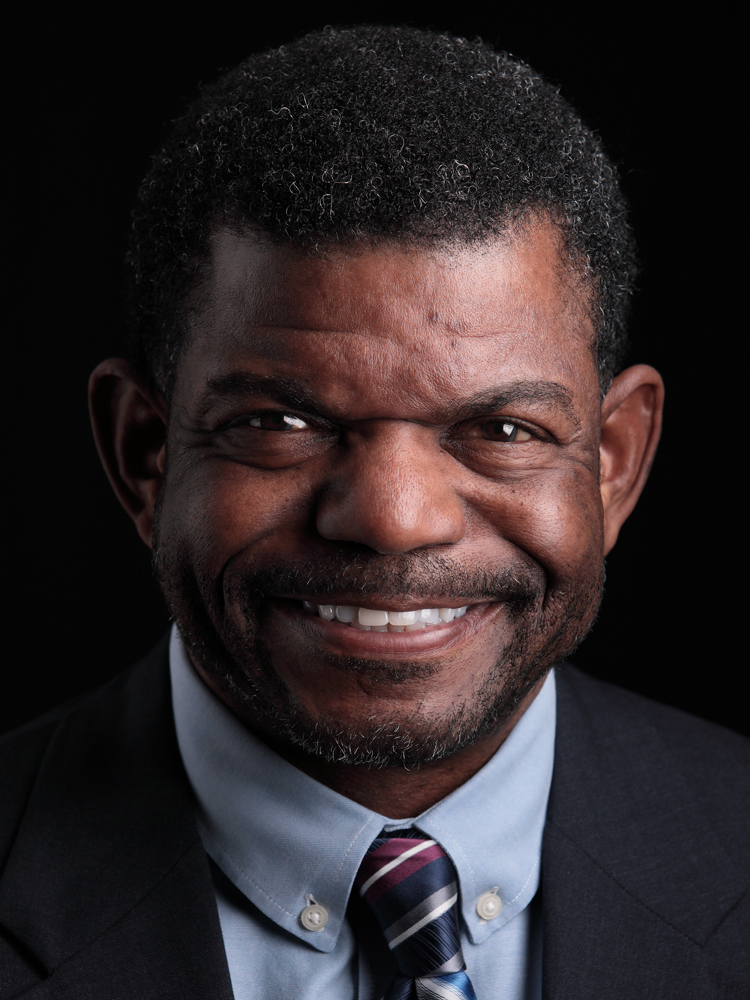When the ACLU of Michigan People Power Tour made a stop earlier this month in Berrien County, concerns of possible voter intimidation were raised at the virtual event. Specifically, residents of Benton Harbor, which is 85 percent Black, wanted to be prepared for the possibility of armed white supremacists showing up at the polls on Election Day, a potential threat that has made headlines nationwide.
As a result of the People Power Tour, which fosters community conversation about pressing civil rights and liberties issues, Benton Harbor residents came up with novel ways to prepare for Election Day, on November. 3.
Benton Harbor community leaders are calling on police to establish a strong presence at polling locations to counter potential intimidation tactics.
But that also carries a potential problem: large numbers of police outside voting locations could make some residents feel uncomfortable going to the polls. Recognizing this unintended consequence, City Commissioner Ron Singleton, announced earlier this week that he was introducing a resolution to create an “Election Day of Grace.” The resolution would direct Benton Harbor police to not make any arrests on non-violent warrants at polling locations November. 3.
Mr. Singleton, who formerly served as Benton Harbor’s chief of police, made the announcement during a press conference organized by the SHARP Foundation with support from We the People Michigan. Both community organizing groups partnered with the ACLU of Michigan in the People Power Tour: Berrien County event. Singleton plans to introduce the resolution at the Nov. 2 City Commission meeting.
According to the SHARP Foundation, Benton Harbor Director of Public Safety Daniel McGinnis has expressed support for the concept but did not believe the city had appropriate time to plan for the amnesty day. To help prepare the city and educate and engage voters, the SHARP Foundation launched an online petition in advance of Monday’s Commission meeting. As of Friday, the group has collected 208 signatures.
In terms of potential harassment, people should know that protections to ensure they can vote safely and free of intimidation are already in place: Voter intimidation is prohibited under federal and state law, and any conduct that seeks to deter people from voting should not be tolerated.
Helping make sure that happens are the "election inspectors” at every site, poll workers who have full authority to maintain peace, regularity, and order at their polling places because voters have a right to vote a secret ballot in a secure, orderly environment free of distractions.
We support the Benton Harbor residents as they work together to create a safe and accessible Election Day experience for all voters. By protecting our sacred right to vote, we are protecting our democracy so all voices can be heard.
For more information about how to vote or register to vote, go to michiganvoting.org. To report any concerns or if you have questions, call 866-Our-Vote.
Date
Friday, October 30, 2020 - 4:30pmFeatured image
